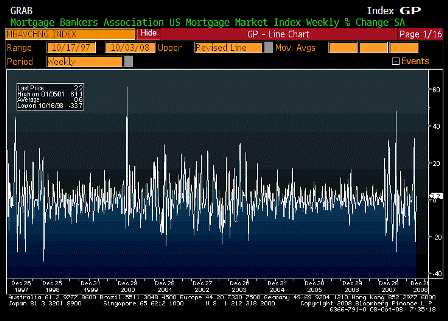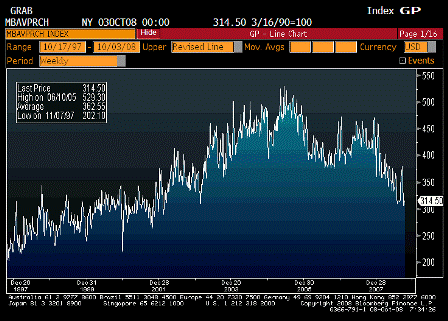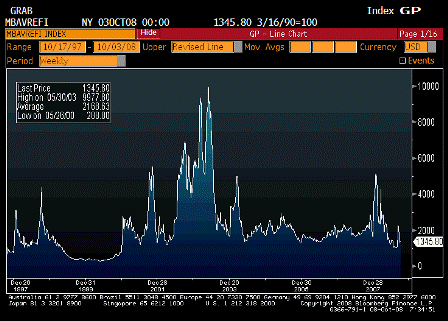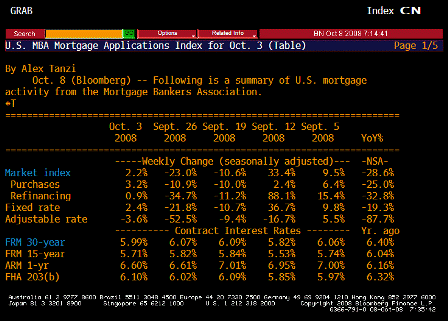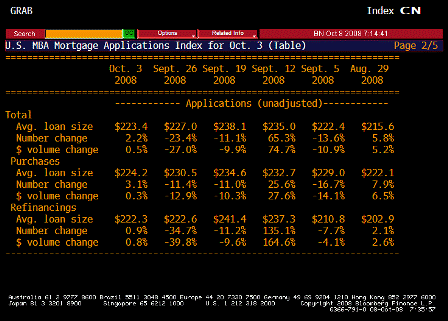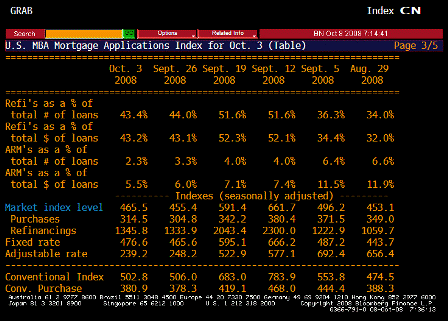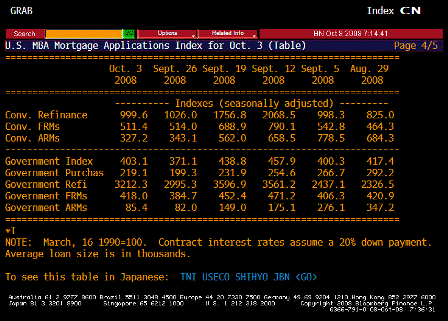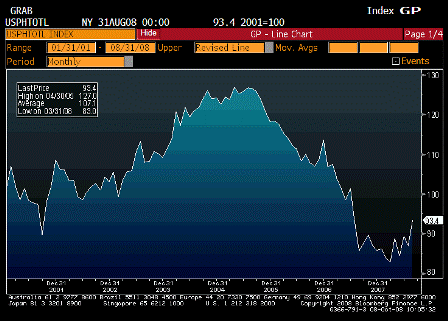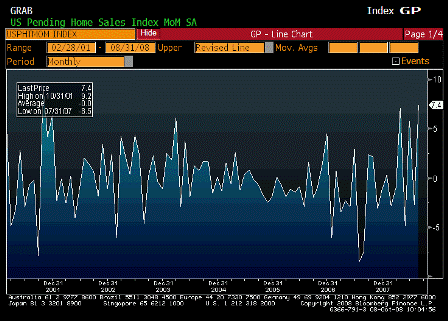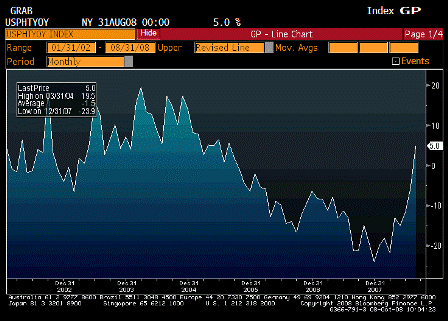[Skip to the end]
Europe is even worse off than I thought.
And it looks to me like the Fed’s loan (via swap lines) to the ECB is noncollectable:
- Seems Eurozone got caught short USD much like AIG got caught short credit. Now the squeeze is on as the euro falls vs the USD rises. It’s an old fashioned external currency debt problem.
- The ECB has borrowed perhaps over $400 billion from the Fed via swap lines, secured by euros, to lend to its banks. Functionally, this is unsecured borrowing. And the amount approved by the Fed grows with each FOMC meeting. To pay it back the ECB has to sell euro and buy $400b, which might be problematic, at best.
- National budget deficits are now rising rapidly due to falling revenues and rising transfer payments. They will soon have their hands full funding themselves and will be incapable of funding the needs of the banking system.
- Should a run on the banks force the euro payments system to close; the question is how it re-opens.
- Reopening the ECB in euros will mean the national governments will have to repay the Fed $400 billion.
- If the national governments abandon the ECB and euro, the ECB’s debt to the Fed debt is noncollectable. The Fed’s debt is only with the ECB and not the national governments.
- This gives the national governments a powerful incentive, and perhaps no other choice, but to abandon the euro should the payment system fail.
- It will also likely mean the national governments will technically default on their euro debt, as they convert the debt to a new currency (or currencies).
Their only hope is a large enough US fiscal package that restores demand for world output.
Like my proposed payroll tax holiday that immediately adds maybe 5% to US GDP.
But the odds of that are not promising.
And the US economy continues to weaken rapidly.
(I own some German credit default insurance and wish I had bought a lot more.)
[top]

